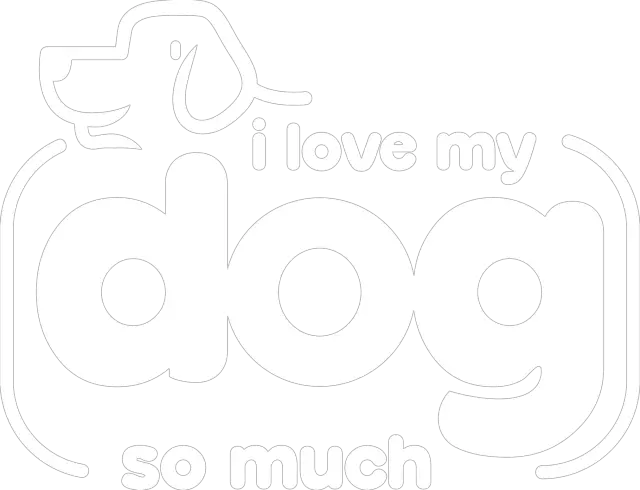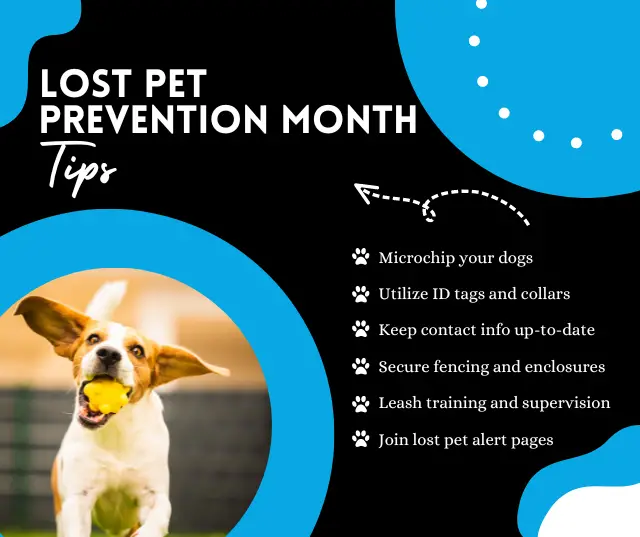Keeping track of your dog’s immunizations, vaccines, and health checks is essential for ensuring its well-being. Regular check-ups at the vet not only help to detect any potential issues early on but can also promote overall good health. Vaccines are also vital for protecting your pup from contagious illnesses and should be given in accordance with their age and lifestyle. So if you want to stay on top of their medical needs here are some tips for keeping track of immunizations, vaccines, and health checks for dogs!
The first step when it comes to tracking your dog’s immunization history is making sure to keep all pertinent documentation in organized fashion. This includes creating a binder or folder that holds copies of all documents such as vaccine records, veterinarian visits, lab results, etc. Having this organized system makes it easier to refer back whenever necessary while also helping you ensure nothing slips through the cracks.
It’s important to understand which vaccinations are best suited based on your pet’s individual lifestyle so they can receive optimal protection against potential illnesses. Different breeds have particular needs based on where they live or the environments they frequent – so researching available vaccines & medications before visiting the vet will provide helpful insight into what specific products may be most suitable.
Additionally consider keeping a calendar specifically dedicated to tracking due dates for booster shots so you never miss an opportunity to protect your beloved friend from preventable diseases! Choose a format that works best for you – whether it be monthly wall calendars, electronic reminders via email/text messages or setting up special alerts in Google Calendar – organizing yourself ahead of time eliminates much of the guesswork later down the line.
It’s also important to remember that regular health checks play a huge role in maintaining optimum wellness throughout your pup’s lifetime. During these visits, the vet performs physical examinations that look out for signs of potential illnesses like parasites or infection as well as checking teeth & gum health among other things. They also monitor bone development – particularly during puppyhood – and evaluate behavioral patterns which often indicate underlying issues (such as aggression) that may require further investigation.
To ensure things run smoothly during scheduled vet visits consider getting your pooch used to traveling beforehand by using positive reinforcements such as playing fun music or providing tasty treats upon arrival at the clinic. Additionally don’t forget procedures like nail trimming or administering oral medication – both should be included in appointment times too – so if possible schedule extra time just in case additional tasks need completing.
In conclusion, staying on top of vaccination protocols, routine check-ups and general healthcare maintenance can make all the difference when it comes to promoting lifelong canine health & happiness! So take some time today to create an organized system that helps track every aspect related to taking care of your pup no matter how small – those tiny steps add up over time!









